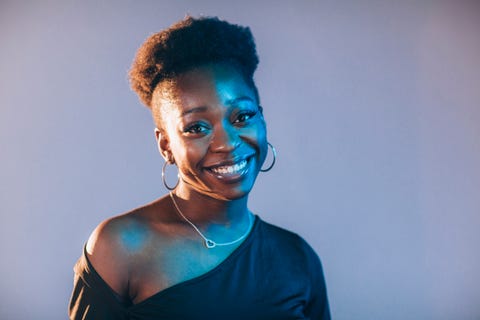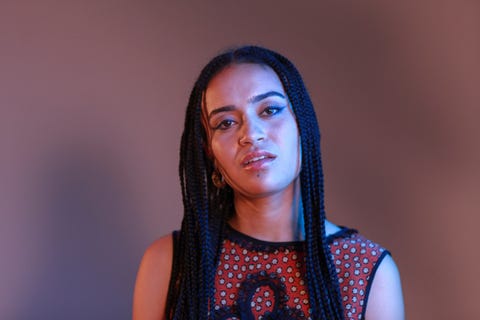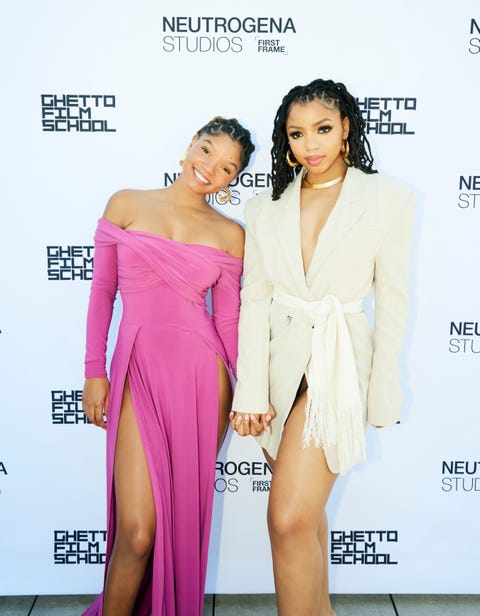Neutrogena believes that beauty begins with healthy skin. The brand has always helmed innovation in skin science and sun safety, setting a high bar for products that deliver. But putting great
skincare on shelves isn’t enough. They realized that the lack of credible educational materials and access to dermatologists prevents more than half of the country’s population from having their best skin—especially within the BIPOC community.
According to the brand’s “Skin Health in America” survey, “62 percent of Americans, ages 18 and over, experience some form of skin inequality, and American adults earning less than $25,000 per year are 1.7 times less likely to have ever seen a dermatologist.” This disparity not only means that people aren’t living with their best skin, but they’re potentially facing deadly consequences by not getting regularly checked for skin issues, such as melanoma.
In response, Neutrogena launched the For People With Skin campaign in 2021, which is dedicated to advancing skin health for all. Since then the company has been rolling out programs to support it, including the Heroes of Skin Health Equity Awards. The initiative honors individuals who are doing their part to “make the world of skincare more accessible” for all skin types, tones, and demographics. Recipients of the awards include scientists, filmmakers and entrepreneurs, across four categories: Advocacy, Expertise, Transparency, and Education.


The co-honorees for Education are Kyra Peters, age 22 and Sarah-Jean Williams, 19, who innovated in skin health education for BIPOC communities through film. The directors each recently received a funding for production and mentorship with Chloe and Halle Bailey through Neutrogena’s First Frame Fellowship, to create skin health-related educational short films. “We have always been fans of Neutrogena and what it stands for as a brand. Inclusivity in beauty is so important to us, and we love how Neutrogena offers such a diverse assortment of products for all people with skin. Plus, now we get to be part of programs, like the First Frame Program, to empower change and help provide a platform for people of diverse backgrounds who have a story to tell,” the Bailey sisters say.
Williams’ film En Avant, tells the story of a ballerina who is told to layer on lighter-toned makeup to hide her Black skin and ultimately learns that she doesn’t have to wear a mask. “Women of color specifically have a unique and often painful perspective that deserves to be explored in artistic form,” says Williams. The film ultimately speaks to feeling powerless against those in charge. For the ballerina, it's people in her dance company, but on a larger scale, it could be anyone from educators who design medical curricula to beauty companies who create products that don’t work for everyone.

